A good night’s sleep is one of the most powerful ways to support your physical and mental well-being. Unfortunately, with modern lifestyles, stress, and screen time, restful sleep can often feel elusive. Instead of turning to over-the-counter solutions, many are rediscovering a natural approach: herbal teas. Known for centuries for their calming effects, these caffeine-free brews can help relax the mind and body before bedtime.
In this article, we’ll explore five of the most effective herbal teas for sleep, their benefits, and how to prepare them. We’ll also share a simple bedtime tea blend and tips to build an evening tea ritual that promotes consistent, deep rest.
Why Choose Herbal Teas for Sleep?
Herbal teas are free from caffeine and typically contain natural compounds that promote relaxation. Many herbs used in sleep teas interact with neurotransmitters in the brain that help reduce anxiety and prepare the body for sleep — without grogginess the next morning.
Using herbal teas for sleep is not only effective, but also comforting — the warmth of the drink, the aroma of the herbs, and the calming bedtime ritual all contribute to better rest.
Top 5 Herbal Teas for Better Sleep
1. Chamomile Tea
Chamomile is the most well-known herbal tea for sleep. It contains apigenin, an antioxidant that binds to certain brain receptors, reducing anxiety and encouraging sleepiness.
- Best Time to Drink: 30–45 minutes before bed
- Pair With: A few drops of lemon juice or a spoonful of honey
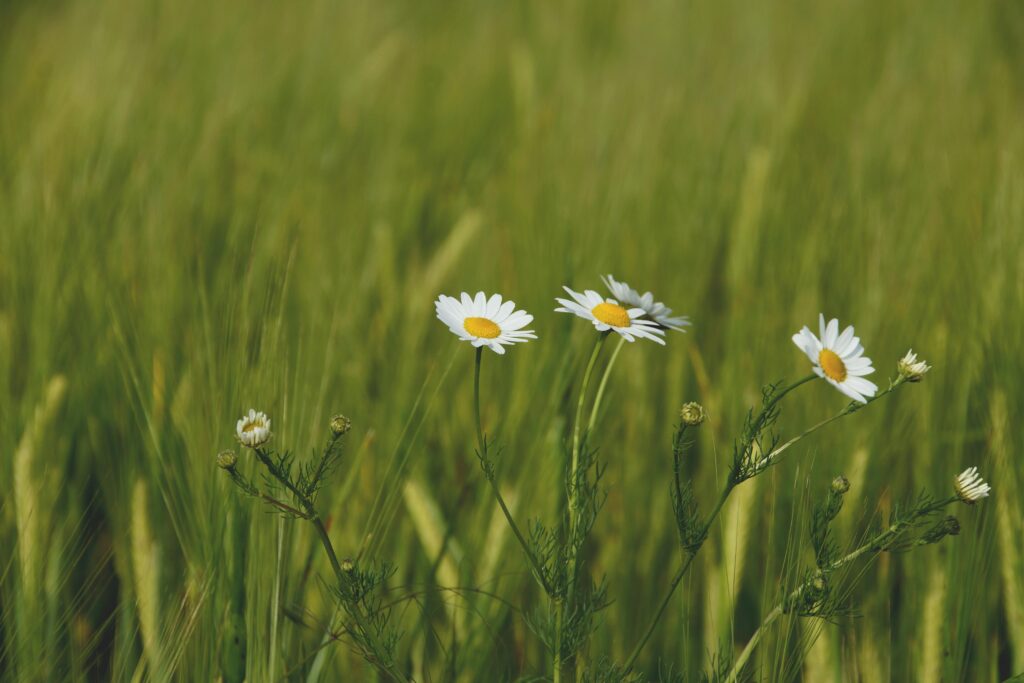
2. Valerian Root Tea
Valerian is a natural sedative. It’s commonly used in Europe to treat insomnia and restlessness. While the taste can be strong, its effects are worth it.
- Best Time to Drink: 1 hour before bed
- Note: May take a few days of use to feel full effects
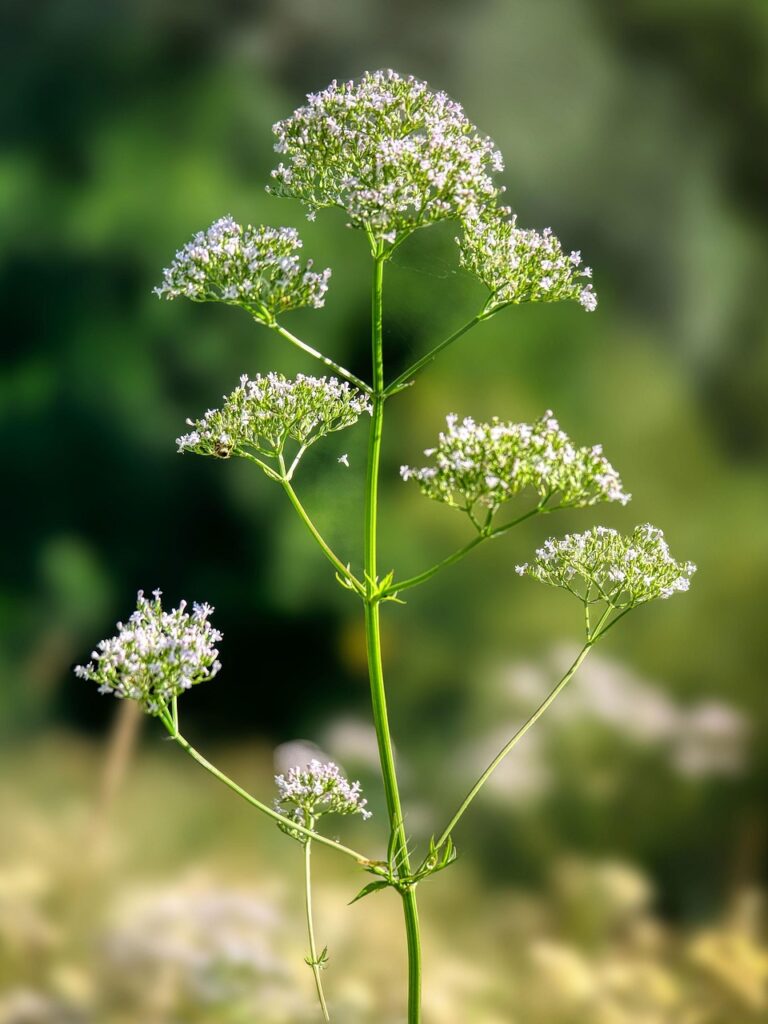
3. Lavender Tea
Lavender isn’t just for aromatherapy — the flower’s tea is known to reduce heart rate and blood pressure, which promotes calmness.
- Best Time to Drink: Right after winding down from screen time
- Perfect For: Those with anxious thoughts at bedtime
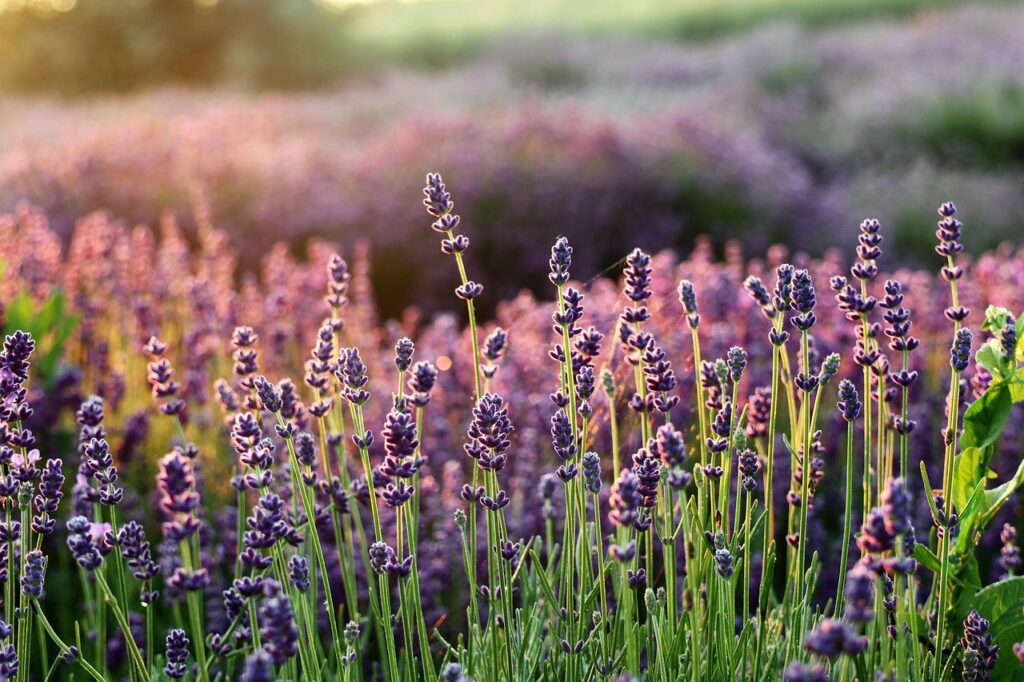
4. Lemon Balm Tea
Part of the mint family, lemon balm has a mild sedative effect. It can improve mood and reduce stress, making it ideal before sleep.
- Best Time to Drink: After dinner to begin winding down
- Great Combo: Pair with chamomile for a double-calming effect
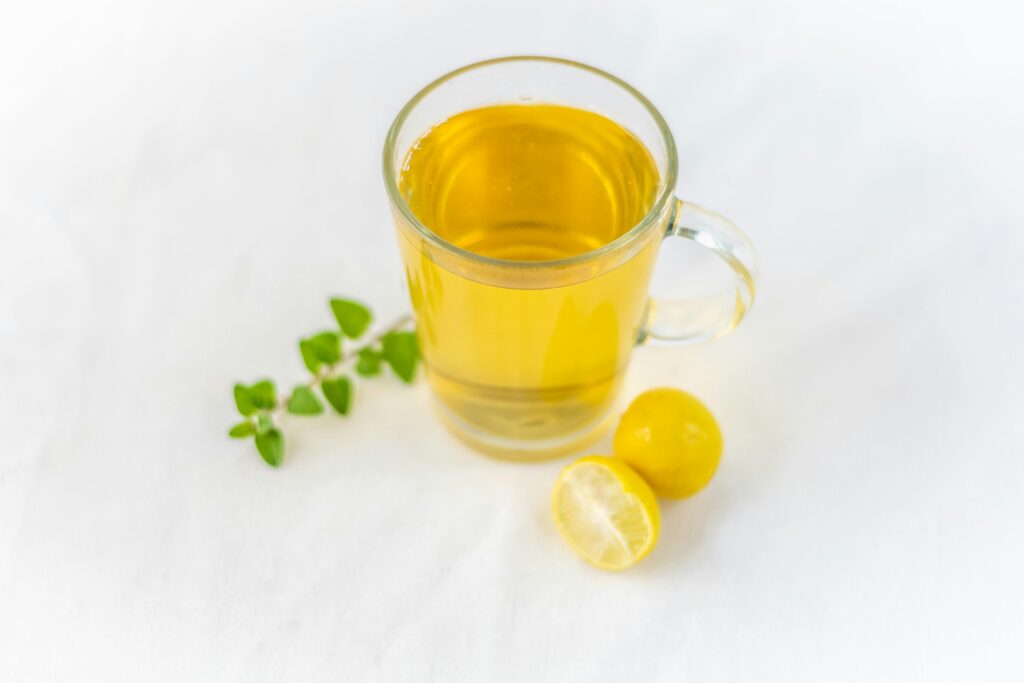
5. Passionflower Tea
Passionflower increases GABA (gamma-aminobutyric acid) in the brain, which lowers brain activity and helps you relax.
- Best Time to Drink: 30 minutes before sleep
- Extra Tip: Great during periods of high stress or overthinking
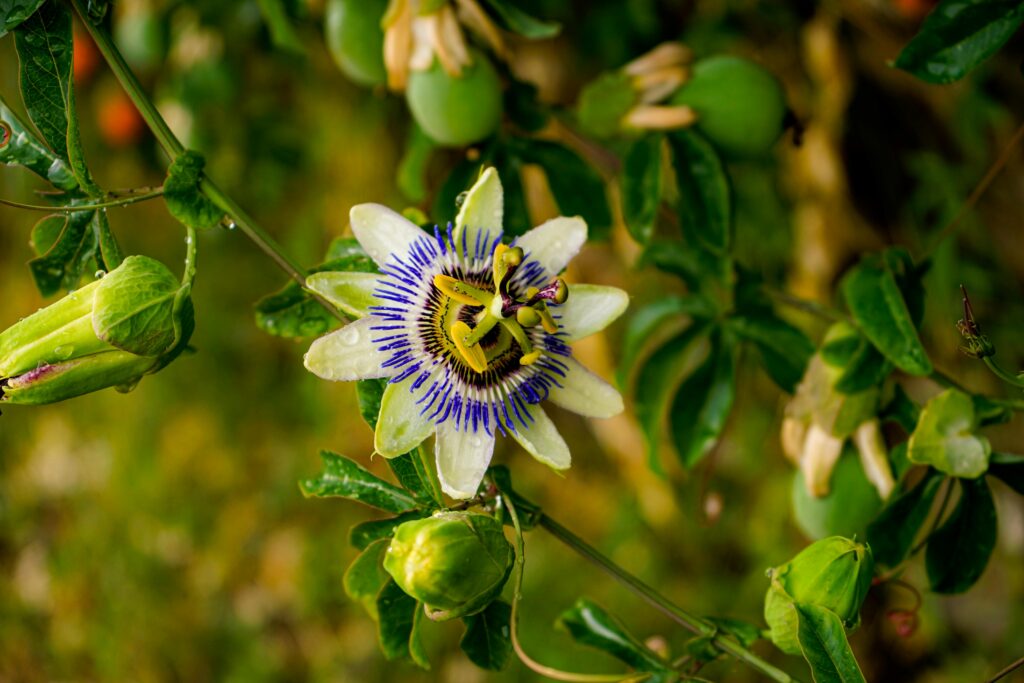
Bedtime Recipe: Calming Sleepy Tea Blend
Here’s a gentle blend that combines the top herbs mentioned:
Ingredients:
- 1 tsp chamomile
- 1/2 tsp lavender
- 1/2 tsp lemon balm
- 1 tsp honey (optional)
- 1 cup hot water
Instructions:
- Steep all herbs in hot water for 5–7 minutes.
- Strain and add honey if desired.
- Sip slowly with relaxing music or while journaling.
Tips to Enhance the Sleep Tea Ritual
- Create a Routine: Drink your tea at the same time each night.
- Dim Lights: Reduce bright lighting an hour before bed.
- Unplug: Avoid screens 30–60 minutes before sleep.
- Combine With Meditation: Pair tea with a short breathing or gratitude meditation.
These small habits, when repeated, signal to your brain that it’s time to wind down.
Helpful Resources
Final Thoughts
Herbal teas are a safe and soothing way to improve your sleep naturally. By building a nightly ritual around calming herbs like chamomile, valerian, and passionflower, you create a gentle wind-down routine that trains your body and mind for rest.
Experiment with blends, try different teas based on your taste and needs, and most importantly, allow this moment to become your sanctuary before sleep.
Disclaimer: This post is for informational purposes only. Always consult a healthcare provider before beginning new supplements or herbs. This post may contain affiliate links that support our site.
